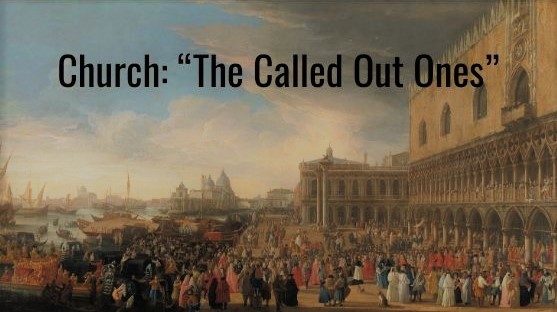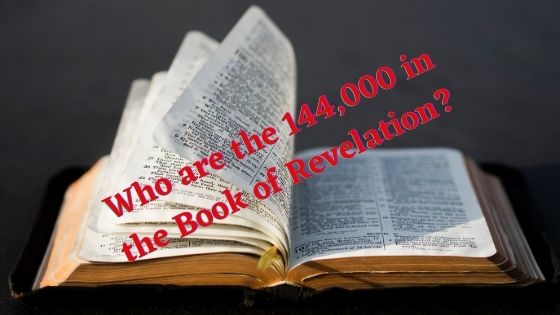Daniel’s Vision of 4 Beasts
Daniel’s disturbing dream in chapter seven of his book has sparked so much interest among Bible readers. Who are these four beasts that Daniel saw in his dream and visions? In Daniel 7:1-7, God communicated with Daniel while he was asleep by giving him a disturbing vision in a dream. What’s interesting is that, during … Read more










